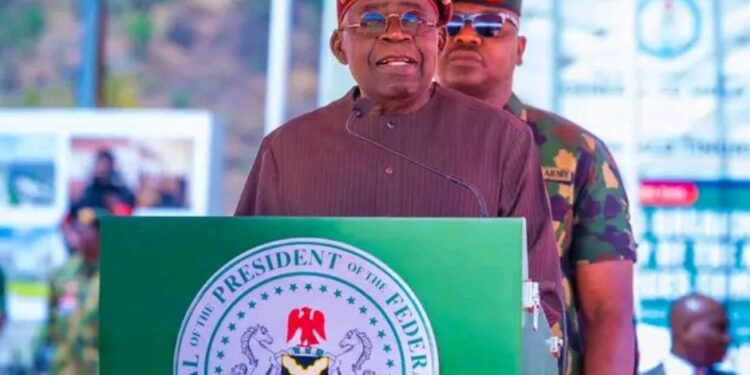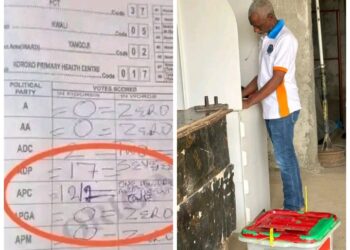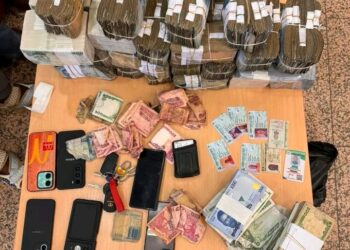The Federal Government has dismissed claims of lopsidedness in the distribution of projects and appointments under President Bola Ahmed Tinubu.
It stressed that all six geopolitical zones have benefited equitably since the administration assumed office.
In a statement signed by the Minister of Information and National Orientation, Mohammed Idris, the FG claimed that insinuations of marginalisation were “half-truths and fake information” aimed at misleading Nigerians.
“President Bola Ahmed Tinubu’s administration has been guided at all times by the principles of fairness, justice and equity in the distribution of federal projects, appointments and opportunities,” Idris stated.
The Minister noted that major infrastructure projects are ongoing simultaneously across the country, cutting across highways, bridges, rail and power. According to him, over 1,000 primary healthcare centres have also been rehabilitated nationwide, while metro rail projects in Lagos, Ogun, Kano and Kaduna are expected to create more than 250,000 jobs.
On rail development, the Minister disclosed that work has resumed on the Eastern Corridor linking Port Harcourt to Maiduguri, alongside continued investment in the Lagos-Calabar Coastal Highway and the Sokoto–Badagry Superhighway.
Official figures released show that the Northwest tops the list of project approvals with ₦5.97 trillion, representing over 40 per cent of total allocations. The South-South follows with ₦2.41 trillion, North Central ₦1.13 trillion, South West (excluding Lagos) ₦604 billion, South East ₦407 billion, while the North East has ₦400 billion.
Among the legacy road projects highlighted are the 750km Lagos–Calabar Coastal Highway, the 1,068km Sokoto–Badagry Superhighway, and the redesign of the Akwanga–Jos–Bauchi–Gombe Road to rigid pavement.
The statement has it that, in the North, works are ongoing on roads such as the Abuja–Kaduna–Kano expressway, the Sokoto–Gusau–Funtua–Zaria dualisation, the Kano–Maiduguri highway, and Bama–Dikwa routes in Borno. The South is also witnessing rehabilitation of key arteries, including the Oyo–Ogbomoso–Ilorin road, the Carter, Eko and Third Mainland bridges, as well as the Enugu–Onitsha and Enugu–Abakaliki roads.
Beyond roads, Idris pointed to progress on the AKK Gas Project, revival of the 255MW Kaduna Power Plant, and oil exploration in Bauchi and Gombe States. He added that the Kano–Maradi rail line, inherited at five per cent completion, has now reached 67 per cent.
On appointments, the Minister maintained that the President has given opportunities to “capable Nigerians from every part of the country,” stressing that inclusivity remains central to the Renewed Hope Agenda.
“The establishment of five Regional Development Commissions and the creation of the Ministry of Livestock Development further show the President’s determination to address Nigeria’s unique challenges in a way that benefits all regions,” Idris added.
He assured Nigerians that Tinubu’s policies are designed to unify the country. “The President is building national infrastructure, not local trophies. Lagos is upgraded as the commercial hub, but the Northwest holds the largest share of approvals. This proves that all regions are receiving fair consideration,” he said.
Idris concluded that the government would continue to pursue justice and balance in its programmes, pledging that “no part of the country will be left behind.”





